When the late tycoon John Gokongwei built his business empire, he envisioned giving Filipinos more choices — apart from the usual and existing businesses at the time — from malls to snack foods to airlines.
Decades later, the Gokongwei Group has successfully established itself in the Philippine business landscape, disrupting many industries and giving consumers more choices, indeed.
Its real estate investment trust, RL Commercial REIT Inc. (RCR), the country’s largest REIT in terms of market capitalization, portfolio valuation, asset and initial public offer size, which made its debut on the Philippine Stock Exchange on September 14, 2021, is no exception.
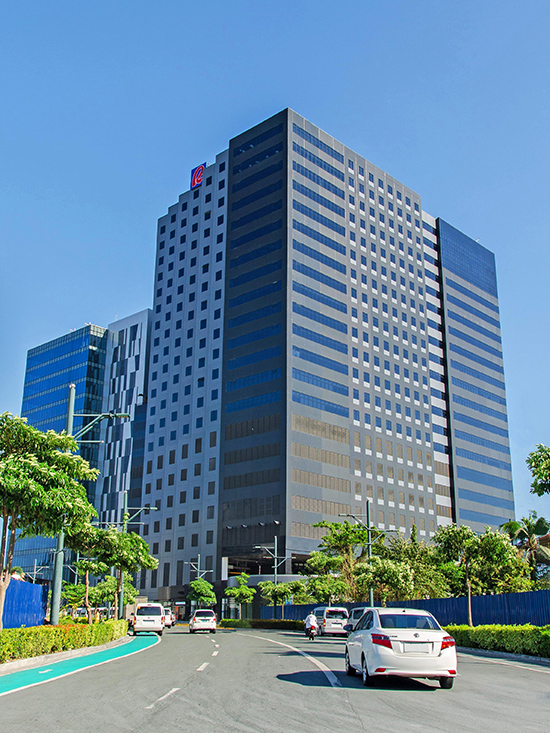
“JG envisioned improving people’s lives for everyone. With this REIT, we are helping to create financial literacy and giving Filipinos the opportunity to partake in the distributable income of this large corporation. For a few thousands of pesos, for as little as 1,000 shares, this can happen and Filipinos can be part of something big,” RCR president and CEO Jericho Go told Property Report PH in a recent interview.
This essentially means making it possible for Filipinos to invest in property and earn from it without shelling out huge amounts of money.
The REIT Act allows REIT companies to list and trade its shares of stock in the stock market as an alternative means to raise funds for property development and expansion initiatives.
Companies that own and operate income generating real estate assets may be eligible to register as REIT companies. Assets that may form part of REIT companies include: offices, apartment buildings, hotels, warehouses, shopping centers and highways, among others.
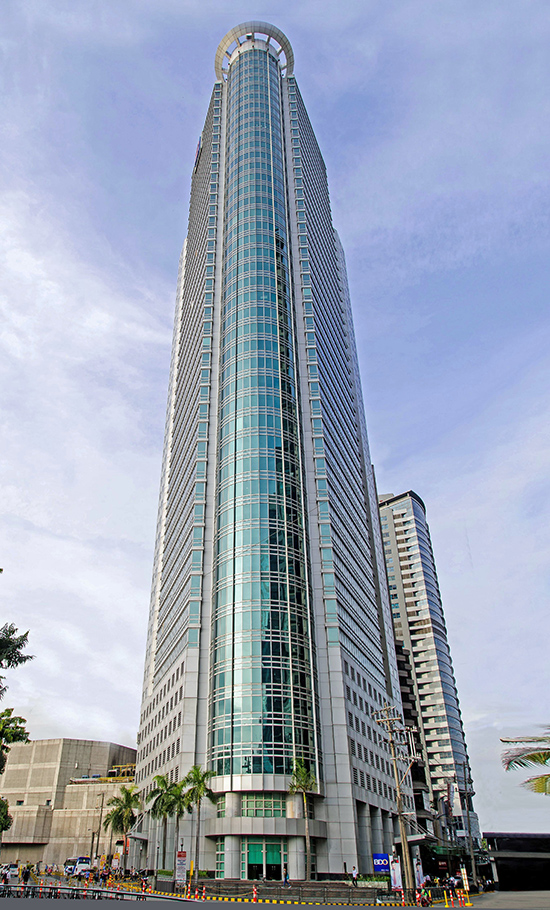
RCR made its debut in the market at an IPO size of P23.5 billion, making it the largest REIT IPO in the country to date.
The future is promising
Prospects are rosy because the bulk of RCR’s portfolio comprises players in the resilient business process outsourcing (BPO) industry. Robinsons Land Corp., an established property giant, is the sponsor of RCR.
RCR has an initial portfolio of 14 commercial real estate assets with a total gross leasable area (GLA) of 425,315 square meters and an independently appraised value of P73.9 billion as of June 30, 2021.
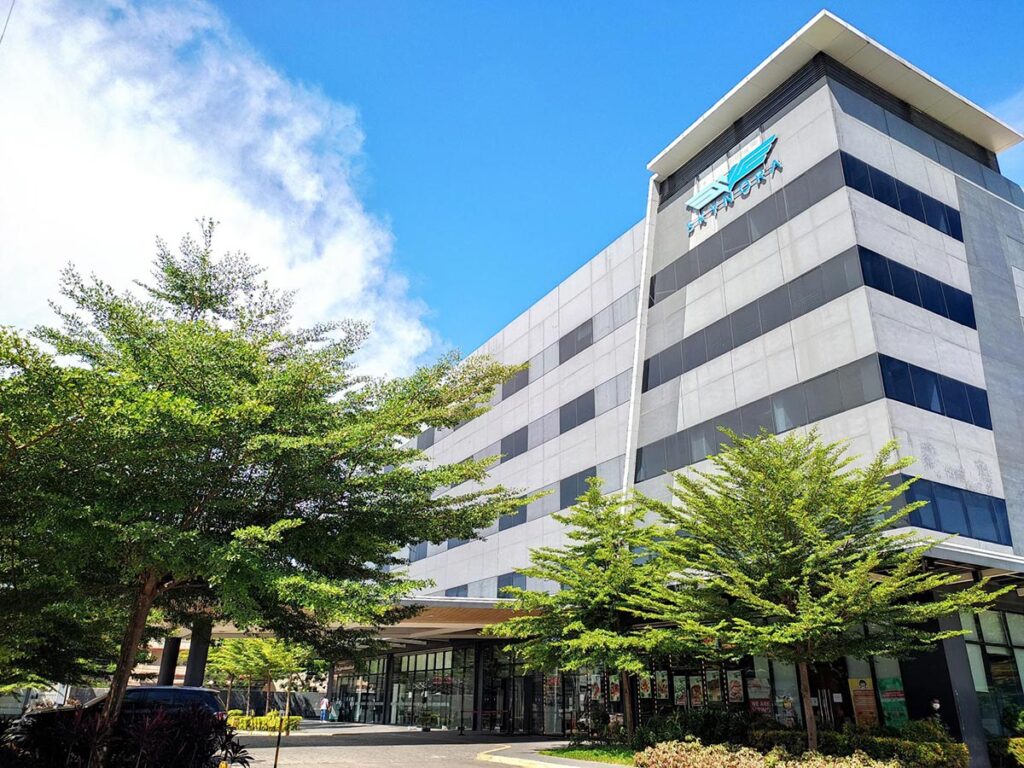
RCR buildings are located in major central business districts across Metro Manila, such as Makati, Fort Bonifacio, Ortigas, Quezon City, and Mandaluyong.
It also has presence in key cities and urban areas across the country, such as Metro Cebu, Metro Davao, Naga and Tarlac. In all, RCR has the widest geographical coverage, Go said.
IT-BPM or more commonly known as the BPO sector, Go said, is a stable industry and very resilient indeed.
When times are bad the large multinational corporations need to cut their costs in order to keep their businesses running. The only way to do this is to tap affordable but good quality labor. This is achieved by outsourcing.
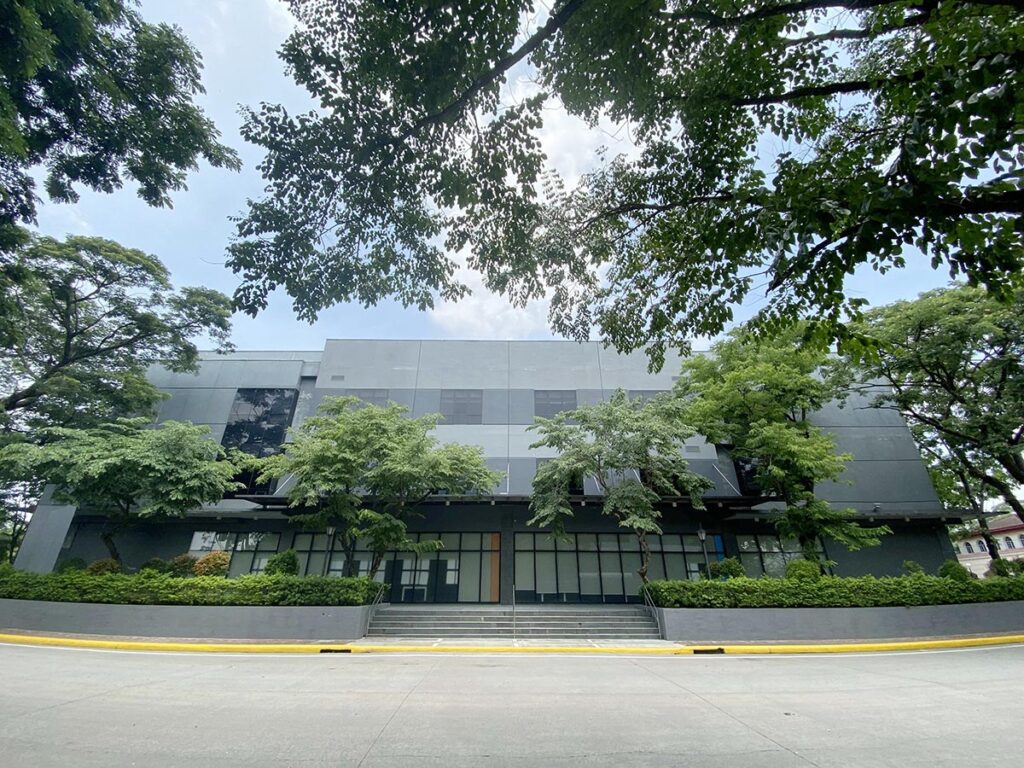
On the other hand, when global economies are doing well, they need to expand in order to grow their business and grab market share. Again, they outsource in order to have economies of scale while leveraging on cost efficiencies in order to stay ahead of competition.
“So, in good times and in bad the most logical thing to do for companies in developed economies is to outsource,” Go said.
More importantly, the Philippines, as a BPO destination, continues to move up the value chain.
“We now have data analytics, healthcare services, financial services, software development, business process management, creative process outsourcing such as: CAD engineering design, web and game development. These are of higher value. We have moved up the value chain, which started with call center operations,” he explained.
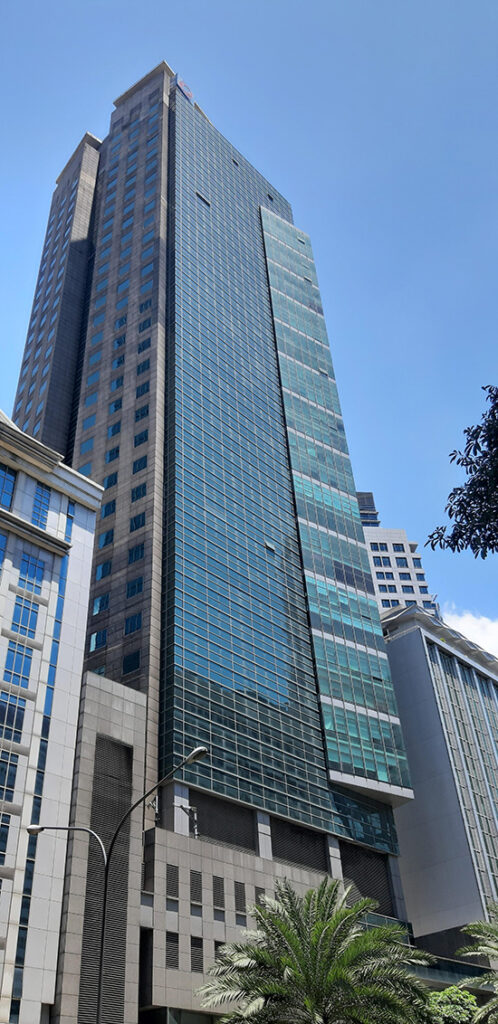
Filipinos, being highly proficient in English with a relatively neutral accent, are also the preferred BPO workers. Even India, Asia’s top BPO destination, also outsources to the Philippines.
“Here, we hire college graduates. Filipinos take pride in their jobs. They get assigned to the US for training and the cost here is lower. So, you have high productivity and the cost is only roughly about 20 percent of rates they charge in developed economies,” Go said.
Against this backdrop, growth will continue because multinational companies in RLC as well as RCR’s portfolio come from a diverse geographical landscape — North America, Europe, Australia, New Zealand, Japan and even India.
“As our chairman Frederick Go said, this is what you call, a generational opportunity,” Go added.
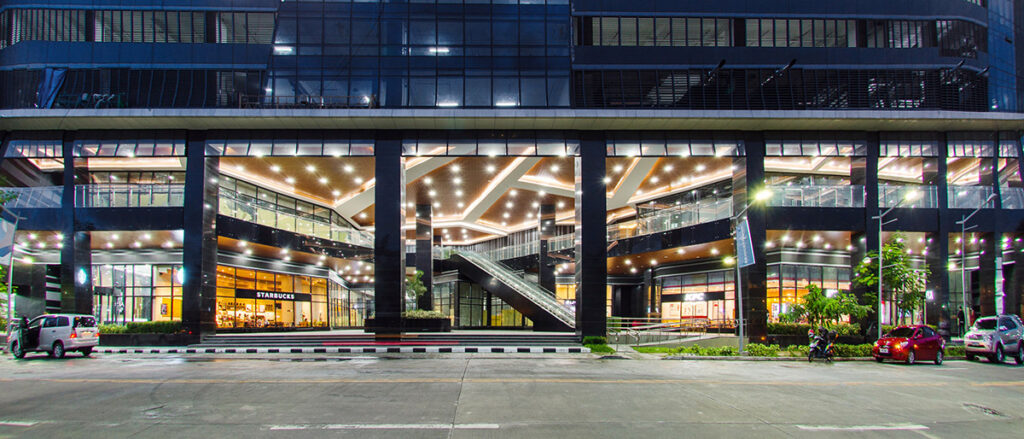
Future infusions
Potential additions to RCR’s portfolio in the future or as soon as within 18 months are RLC’s Cyberscape Gamma in Ortigas and Robinsons Cybergate Center 1 in Mandaluyong, subject of the recent Memorandum of Understanding (MOU) entered by RCR and RLC, according to the latest REIT Plan available in the RCR website.
On top of this, RLC has existing office BPO spaces located within RLC’s various commercial centers, as well as projects that are in various stages of construction.
Including the Cyberscape Gamma and the Robinsons Cybergate Center 1, RLC has approximately 204,000 sqm GLA in existing office assets, 68,000sqm GLA of BPO spaces located within RLC’s various commercial centers as well as 150,000 sqm GLA of properties that are in various stages of construction.
Overall, RLC’s potential pipeline for infusions to RCR amounts to a total GLA of approximately 422,000 sqm over time, almost double its current portfolio size.
In addition, RCR offices located inside the Bridgetowne destination estate are certified by the US Green Building Council as having energy efficient and environment-friendly features that promote sustainability.
Thus, it is able to pass on savings on electricity and on water bills to its tenants. “More importantly, it helps reduce our carbon footprint. We take a lot of pride in that,” Go said.
Given all these factors that define RCR, Go said, it can only mean that a great opportunity awaits Filipinos when it comes to investing or growing their wealth.
On a bigger, larger scale, the growth of the BPO industry also means more jobs for Filipinos in their homeland. They need not leave the Philippines and find gainful opportunities in distant shores.
#BrandedUp
